In the 1970s and 1980s, there was a lot of debate on whether computer software should be protected by the patent system, the copyright system, or a sui generis system.
Following these debates, it was decided that computer programmes should be protected by copyright, whilst apparatus including computer software or software-related discoveries should be protected by patent.
Different sorts of protection are provided by copyright and patent laws. A patent is an exclusive right granted for an invention, which is a product or a process that provides a new way of doing something or offers a new technical solution to a problem. Copyright protection only extends to expressions, not ideas, procedures, methods of operation, or mathematical concepts, whereas a patent is an exclusive right granted for an invention, which is a product or a process that provides a new way of doing something or offers a new technical solution to a problem.
In nations that have signed the Berne Convention for the Protection of Literary and Artistic Works (the Berne Convention), copyright protection is formality-free, which implies that it is not contingent on formalities like registration or deposit of copies.
A patent is usually given when a government body has completed an examining procedure. Most countries have copyright protection for computer software, which is standardized by international treaties. Although the legislation relating to the patentability of software is still not standardized internationally, some countries have welcomed the patentability of computer software, while others have devised systems that recognize inventions aided by computer software.

